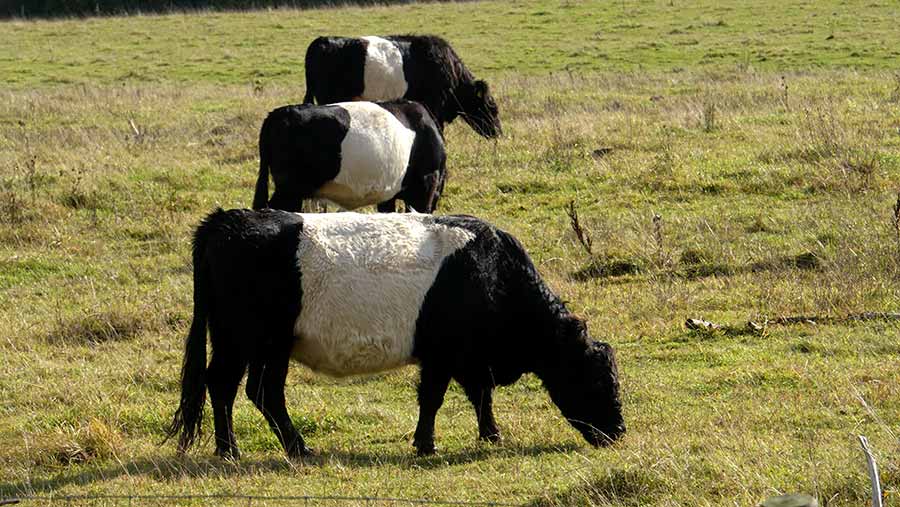‘Local and sustainable’ Scottish food to top menu at COP26
 © Adobe Stock
© Adobe Stock Organisers of the COP26 climate change conference in Glasgow, which runs for two weeks from 31 October, have revealed that delegates will be fed a diet of sustainable and mostly Scottish food.
“Overall, 95% of the food will be from the UK, largely sourced from Scotland, and be seasonal,” a spokesman said.
“This will put sustainability at the heart of catering for the summit, reducing emissions and promoting environment-friendly food production.”
See also: Towards Net Zero – How to reduce emissions and store carbon
Much of the menu will be plant-based, but not exclusively so, with Scotch beef and local salmon also available.
Each menu item will also have an estimate of its carbon footprint, “helping attendees make climate-friendly choices”.
For example, braised turkey meatballs with organic spelt penne pasta in a tomato ragu will be one meal choice, carrying 0.9kg carbon dioxide equivalent emissions.
Also on the menu will be carrots and potatoes from Aberdeenshire farmers Benzies, chosen because the company uses wind turbines to power its cool storage and biomass to provide heating, and actively recycles the water used.
“There will be a tremendous amount of work to be done at COP26, with many hours of negotiations and long days, so the choice of food that we serve our visiting delegations, staff and all our volunteers, is very important,” said COP26 president Alok Sharma MP.
NFU Scotland’s communications director, Bob Carruth, said Scottish farmers and crofters had a “fantastic story” to tell on sustainable production.
“Those dining on some of the finest Scottish produce in the next few weeks can be reassured that Scottish farming is already on its net-zero journey and has a key role in further reducing emissions to meet climate change goals of net-zero greenhouse gas emissions by 2045,” he said.
Scottish soils held a staggering 3,000 megatonnes of carbon, he added, while the Scottish beef industry had a greenhouse gas footprint that was half of the world average, and had reduced methane emissions by 18% in recent times.
“The carbon footprint of our milk is one-third lower than the world average and our pig sector has cut its emissions by 40% in 20 years,” he added.
Vegetarian groups seek to undermine meat production
In an effort to raise the profile of plant-based diets and denigrate meat production, musician and animal rights activist Moby has launched a new video ahead of COP26, in collaboration with animal protection group Humane Society International.
As part of the society’s #TheCowInTheRoom campaign, Moby is urging summit organisers “to make the climate-damaging impacts of animal agriculture central to the agenda”.
The video contains numerous claims about global livestock farming, including the suggestion that it leads to the death of 80 billion land-based animals a year and accounts for the same amount of greenhouse gas emissions as all forms of global transportation combined.
“Animal agriculture is one of the, if not the leading, cause of deforestation globally,” said Moby. “We need to stop using animals for food, because animal agriculture is the third leading cause of climate change.”
The claims have been challenged by AHDB head of environment, Jonathan Foot.
“Yet again the lifecycle emissions of global livestock is being compared to the direct or exhaust pipe emissions of global transport, and they are simply not comparable,” he said.
“Like for like, transport emissions by far outweigh emissions from livestock agriculture. Almost half of the UK’s emissions comes from fossil fuel burning for power, production and transport, while just 6% comes from livestock.”
British cattle diets were predominantly grass-based, contained very little soya, while grazing lands absorbed and stored thousands of tonnes of carbon, he added.
The Moby video, which is running across social media, will also be viewed at the COP26 event.
